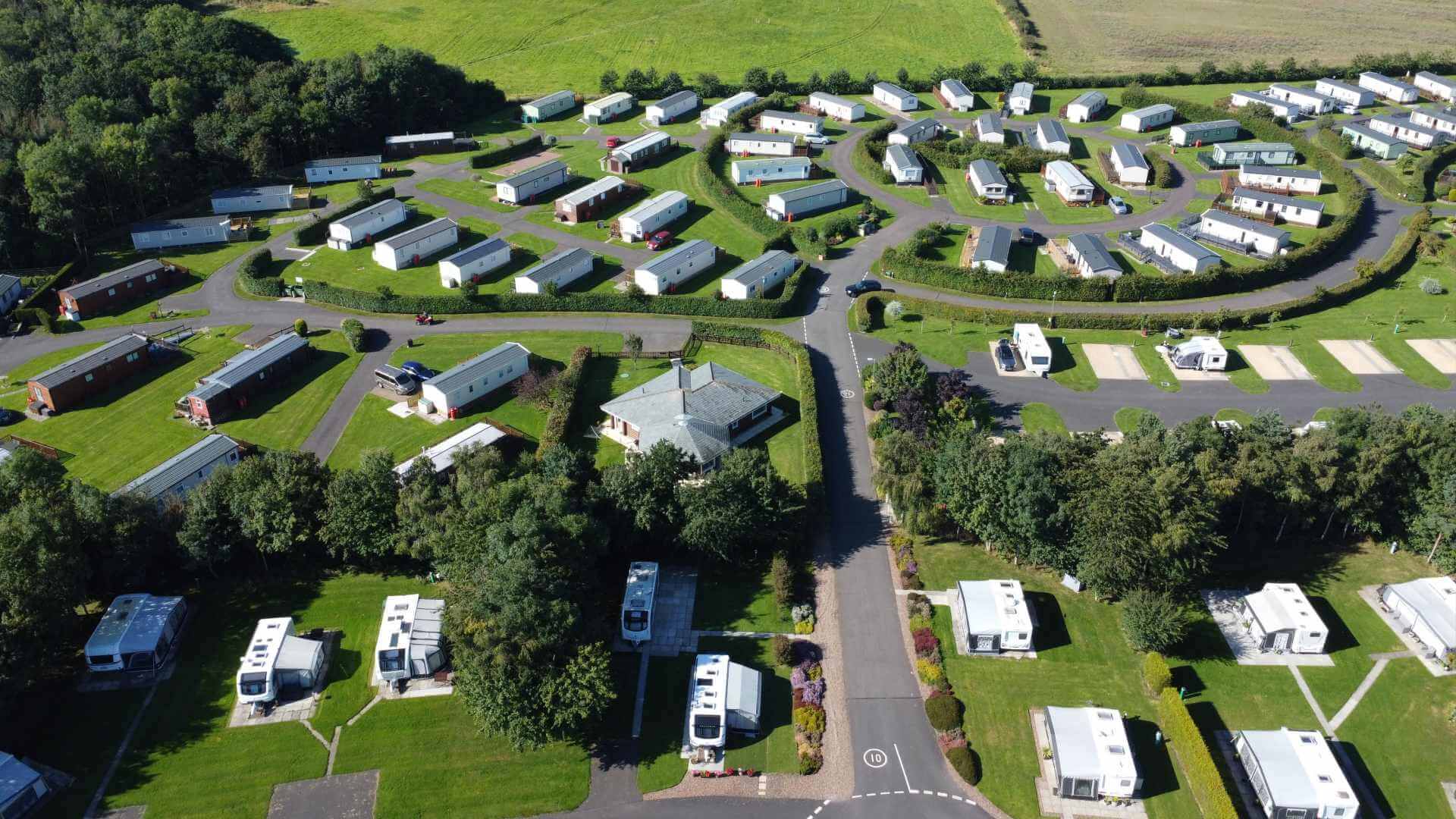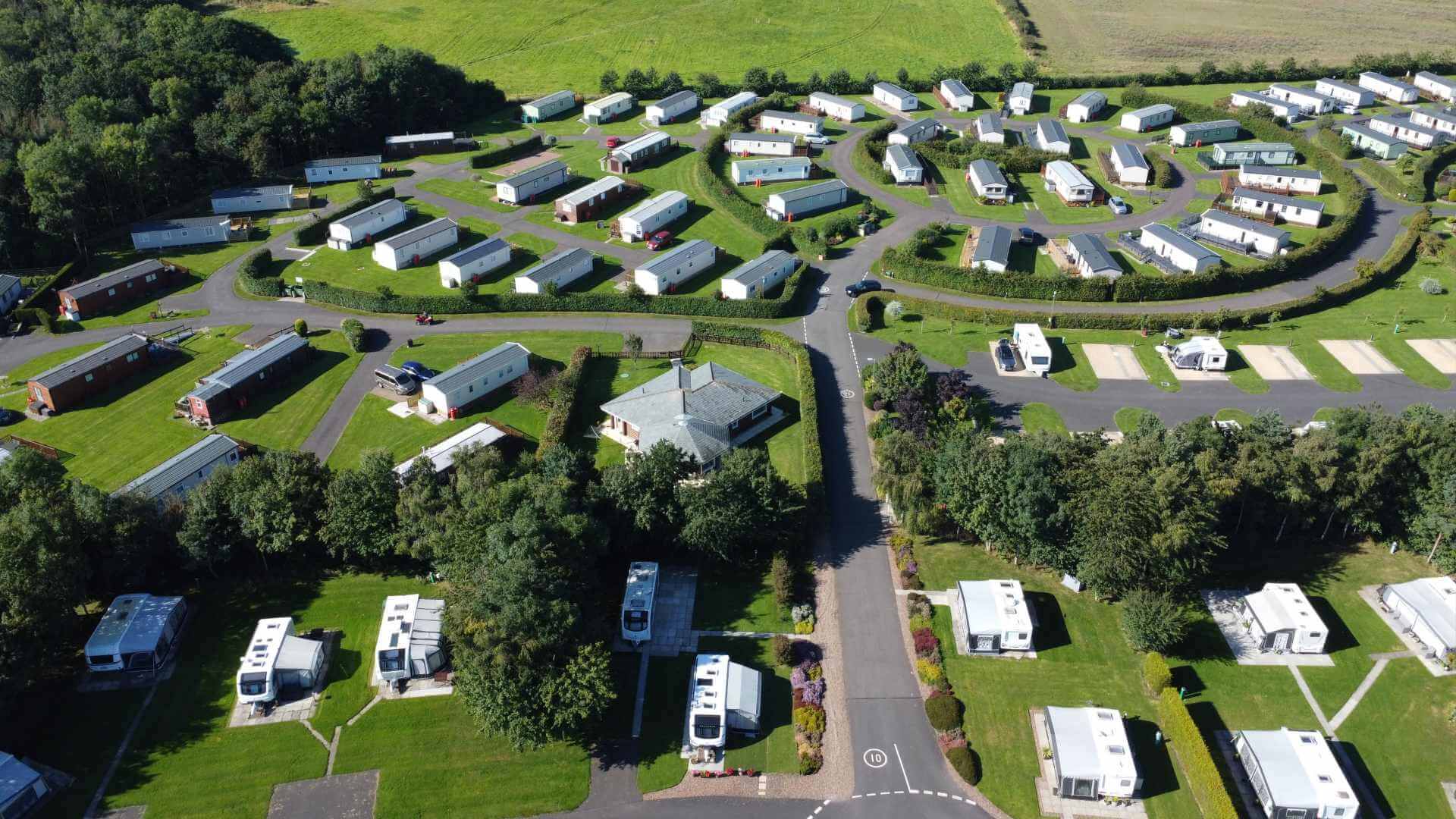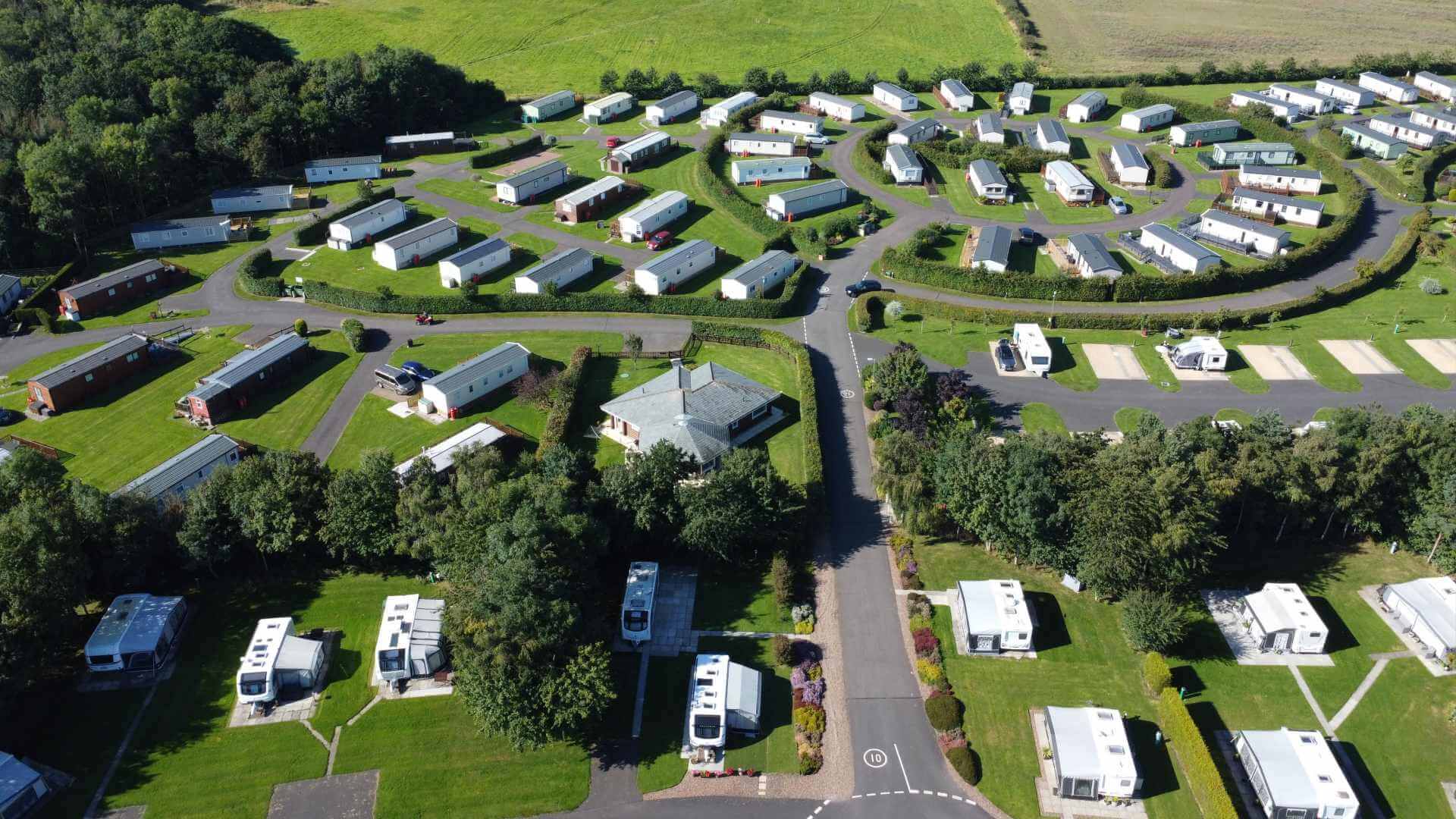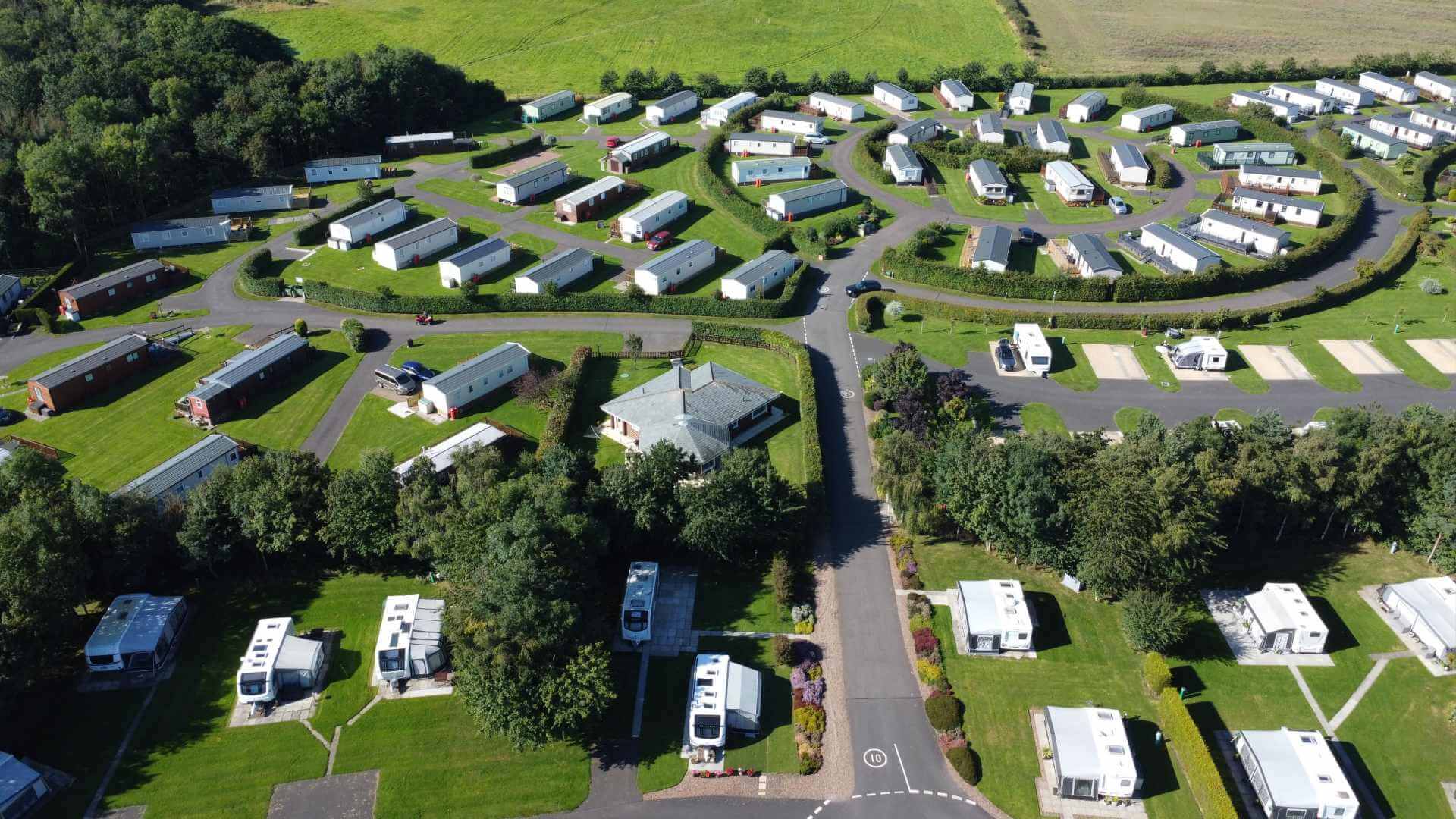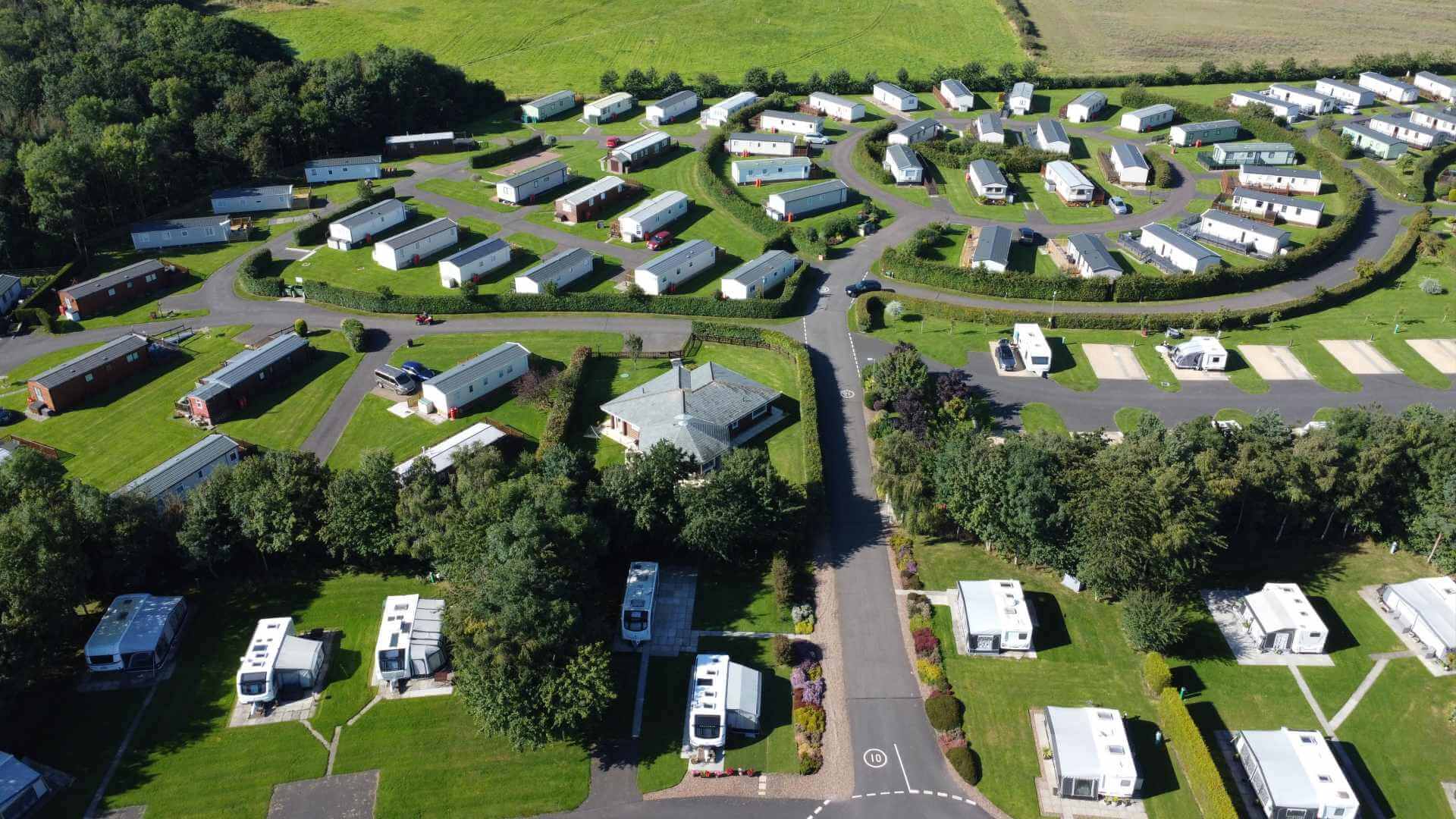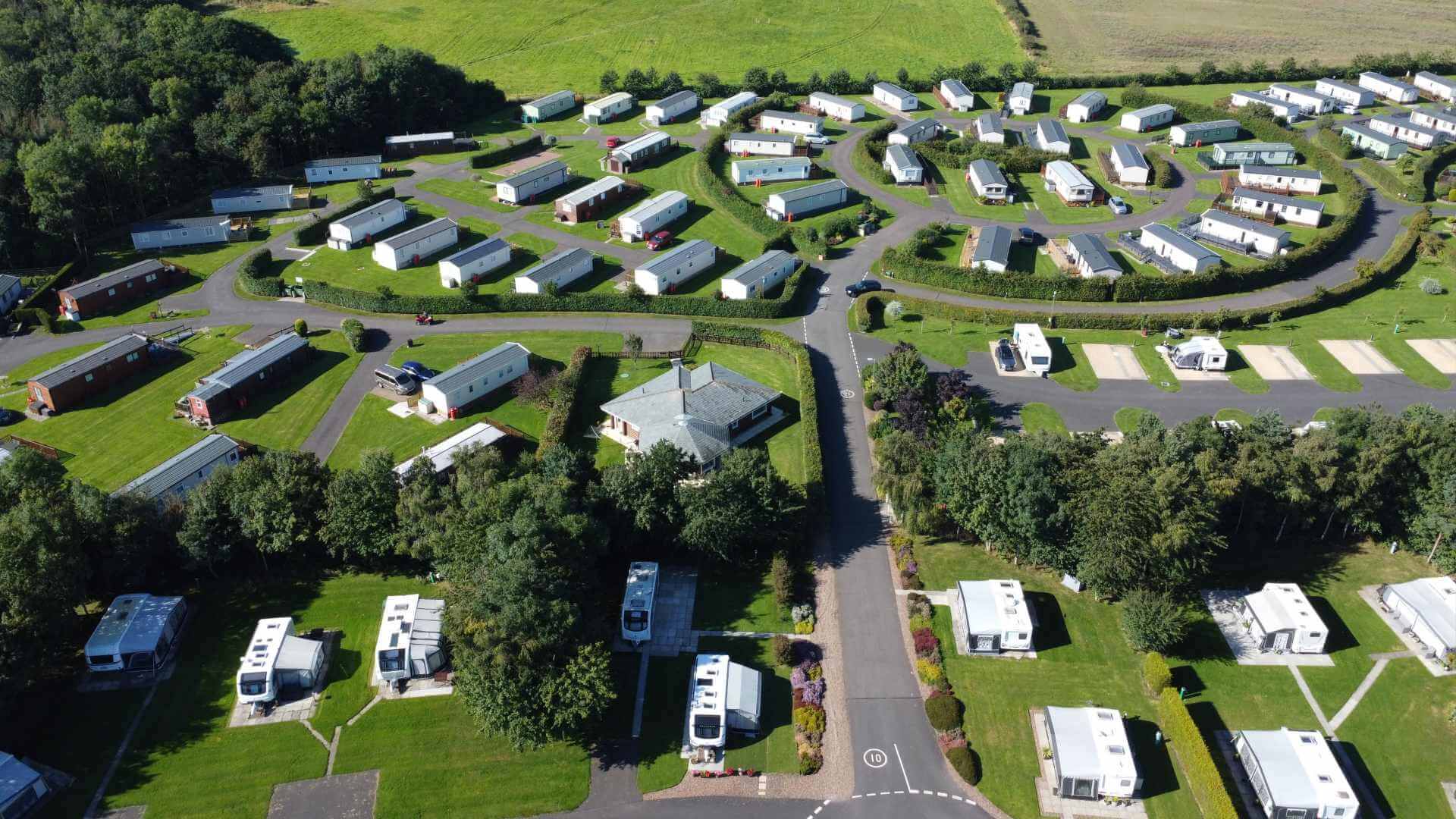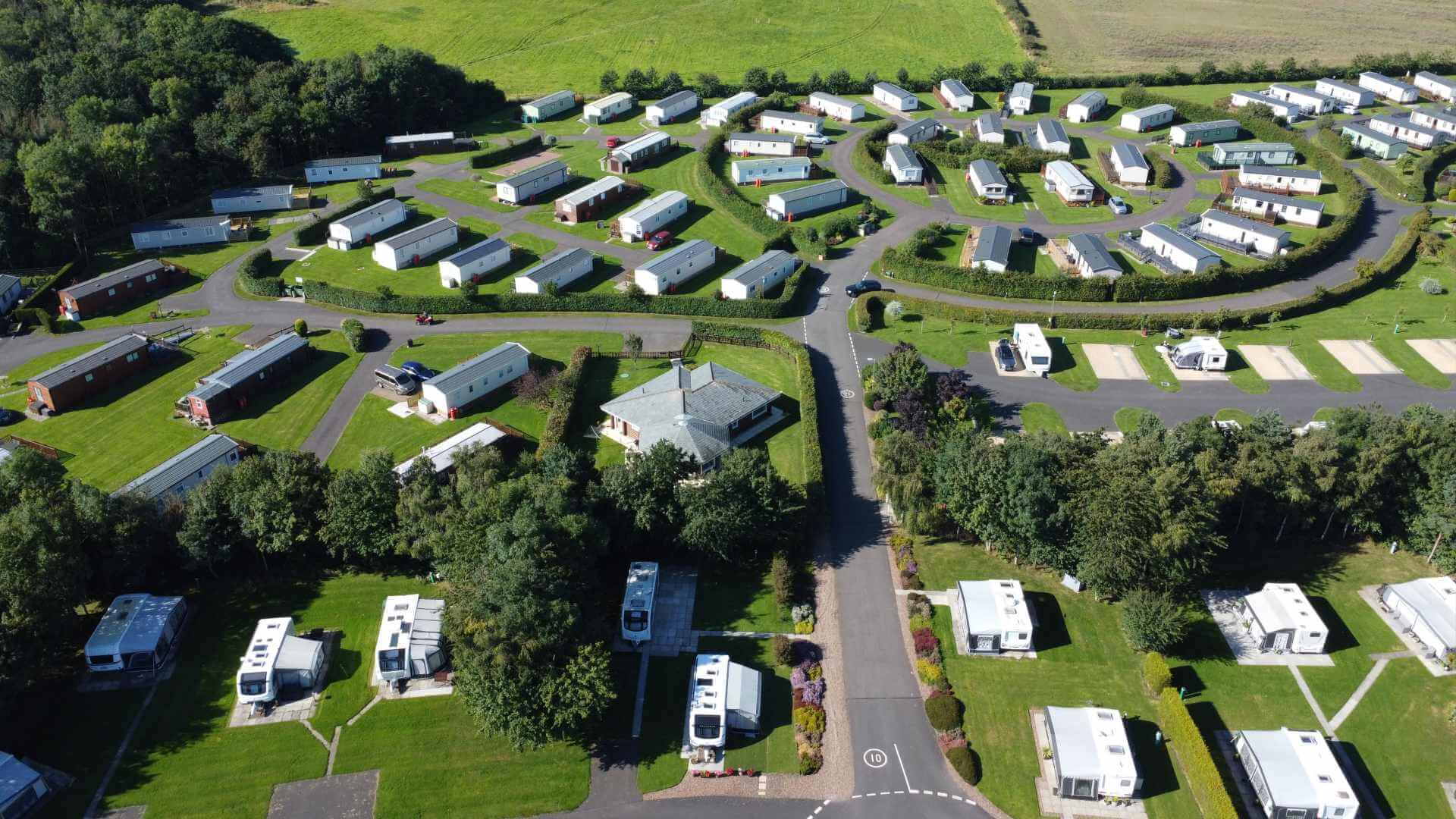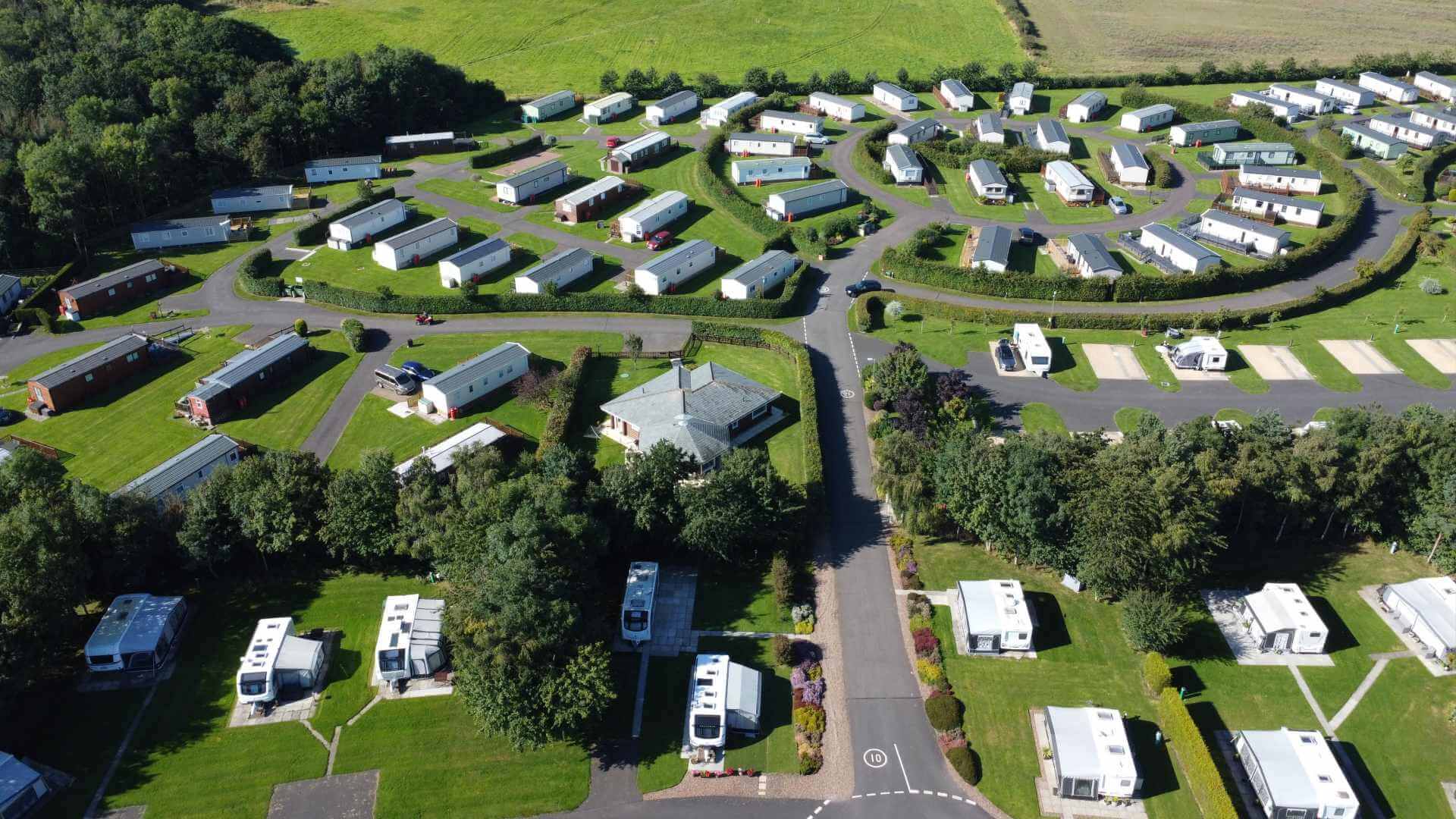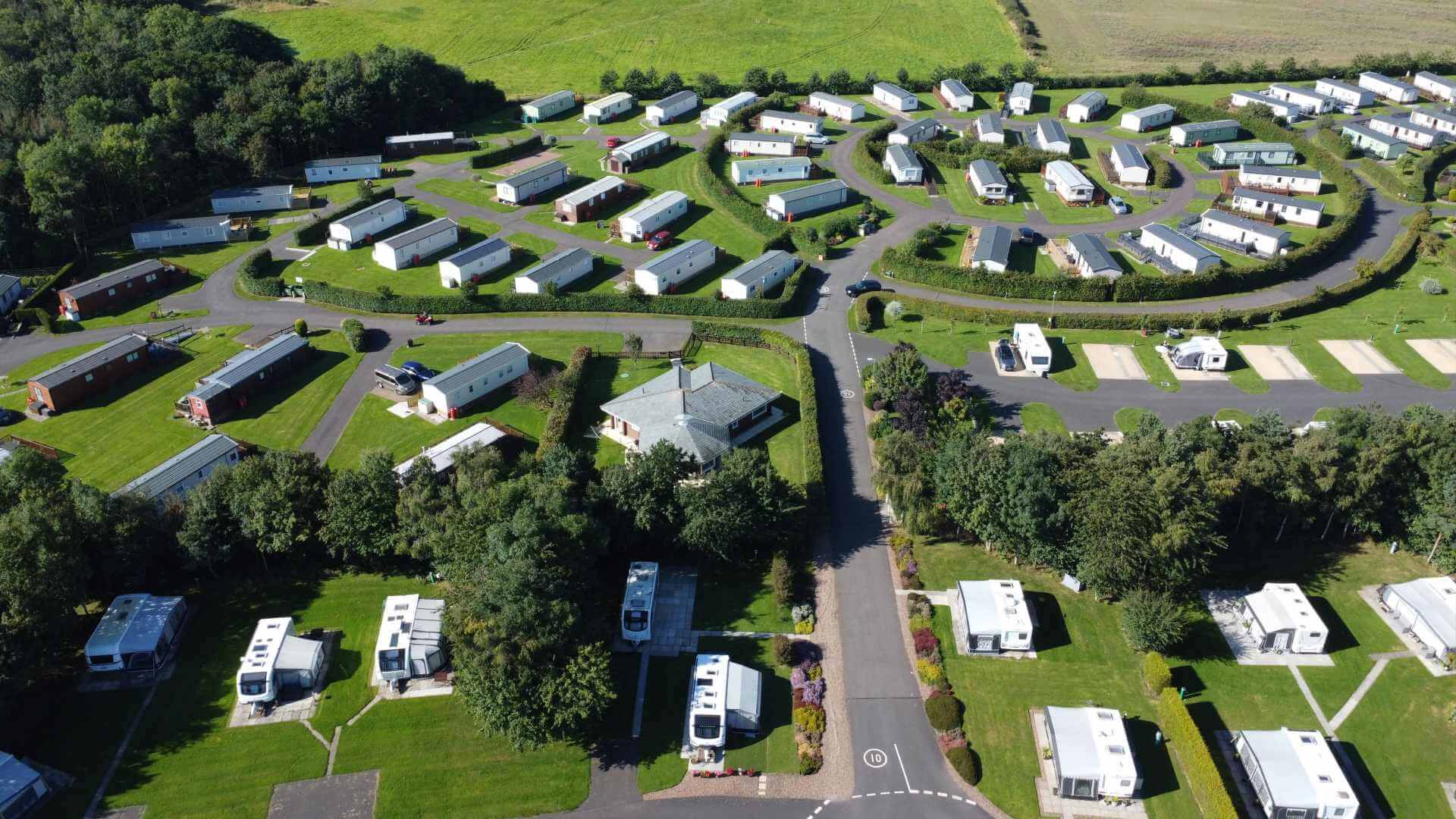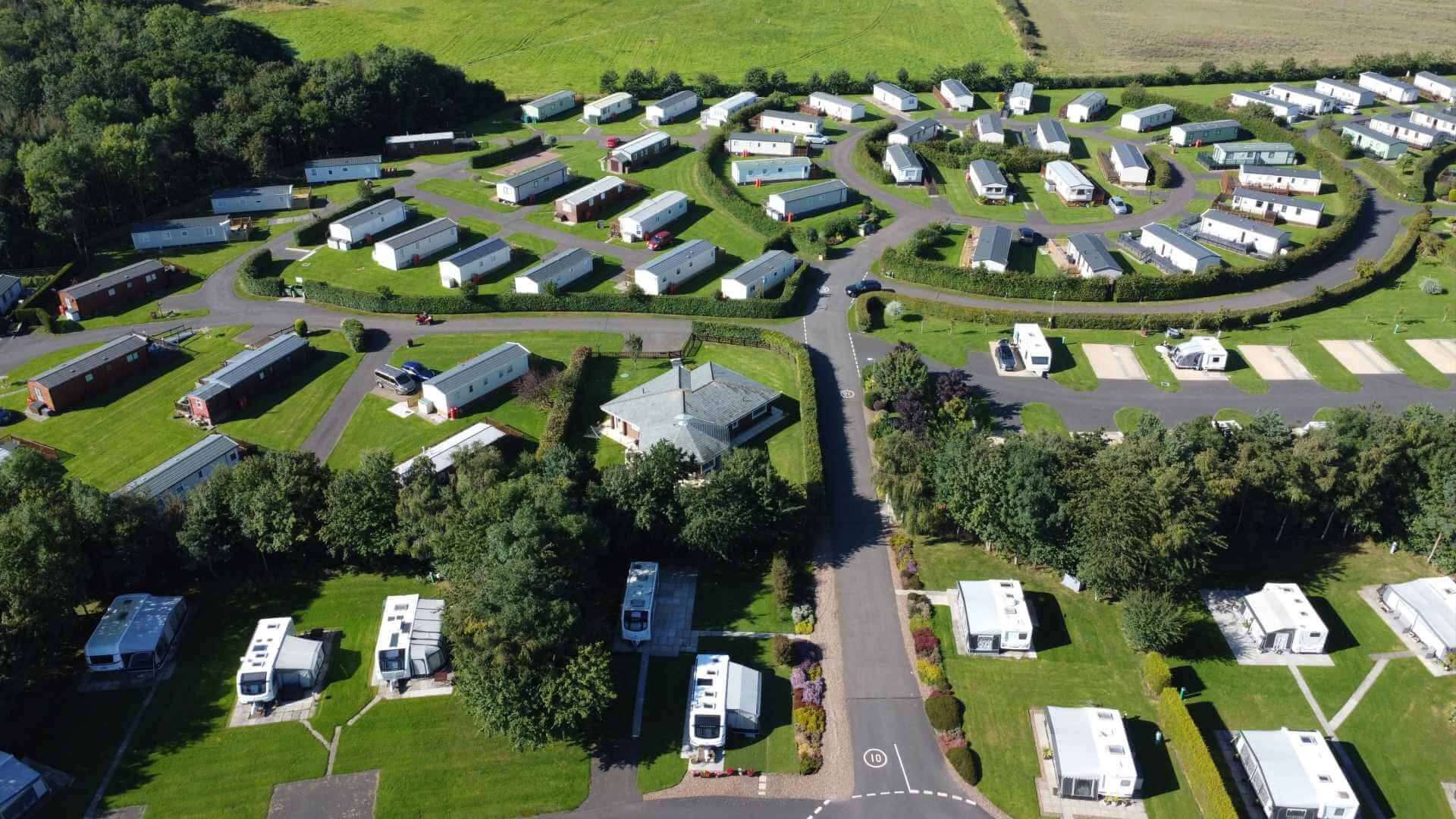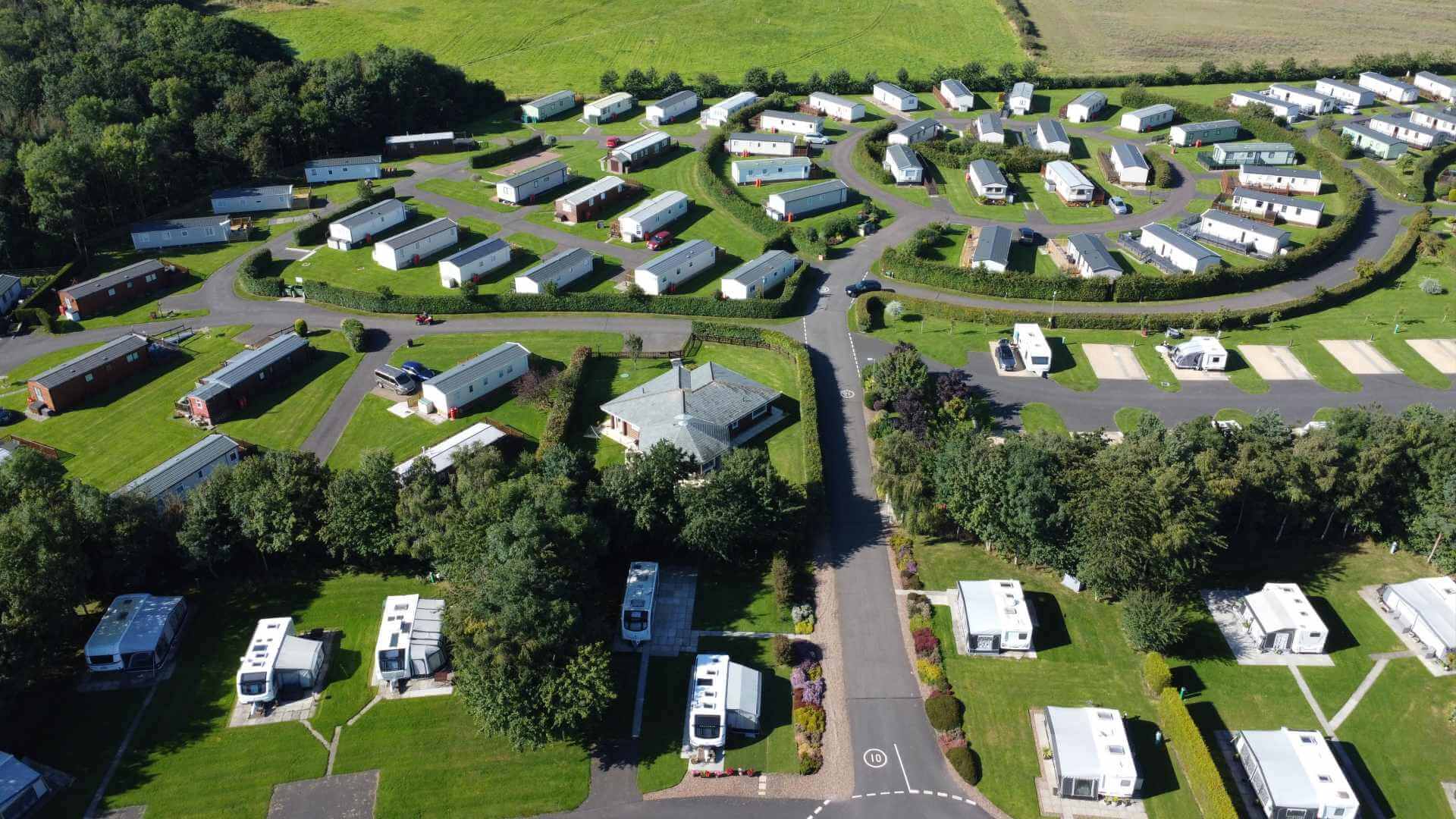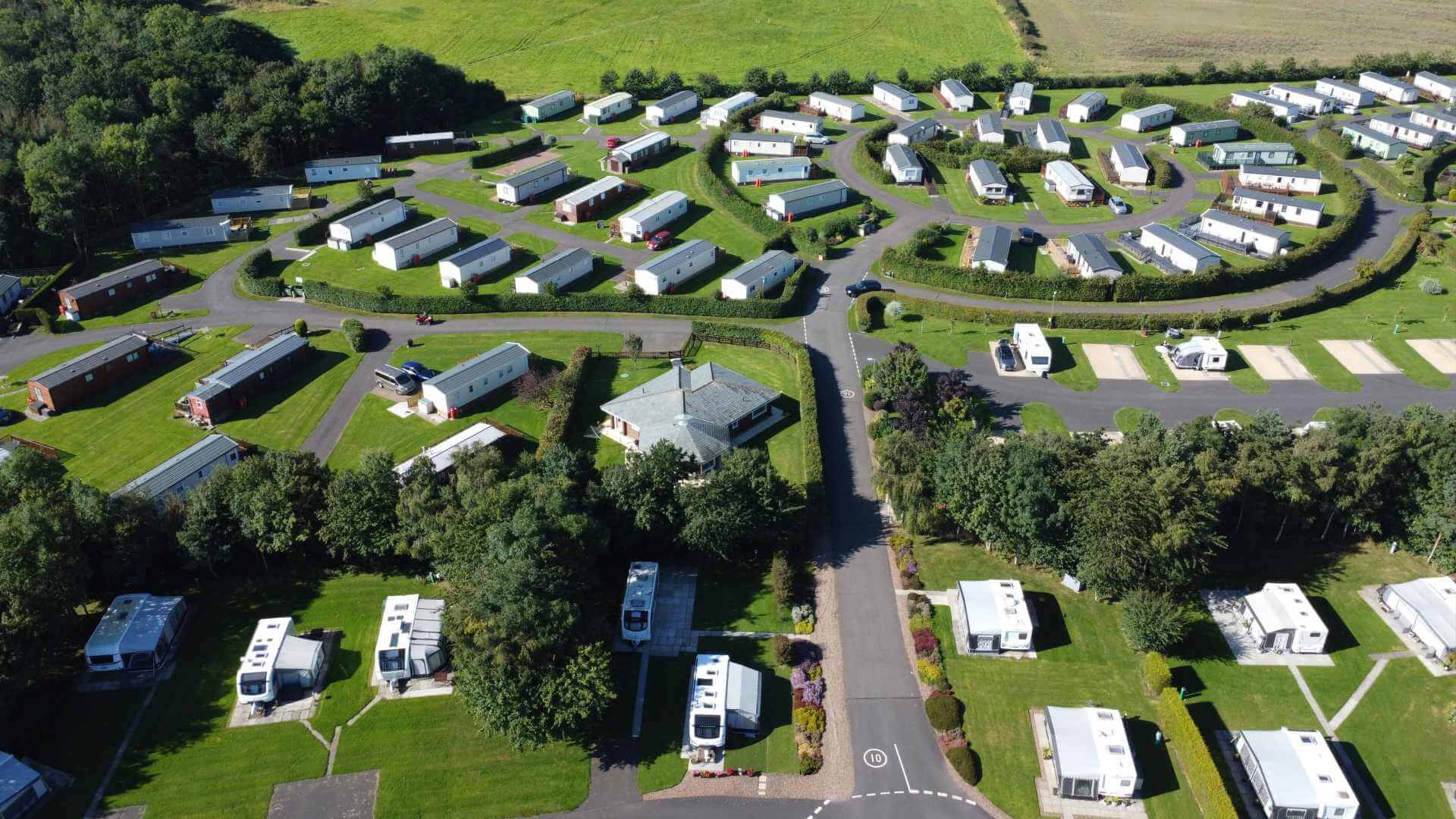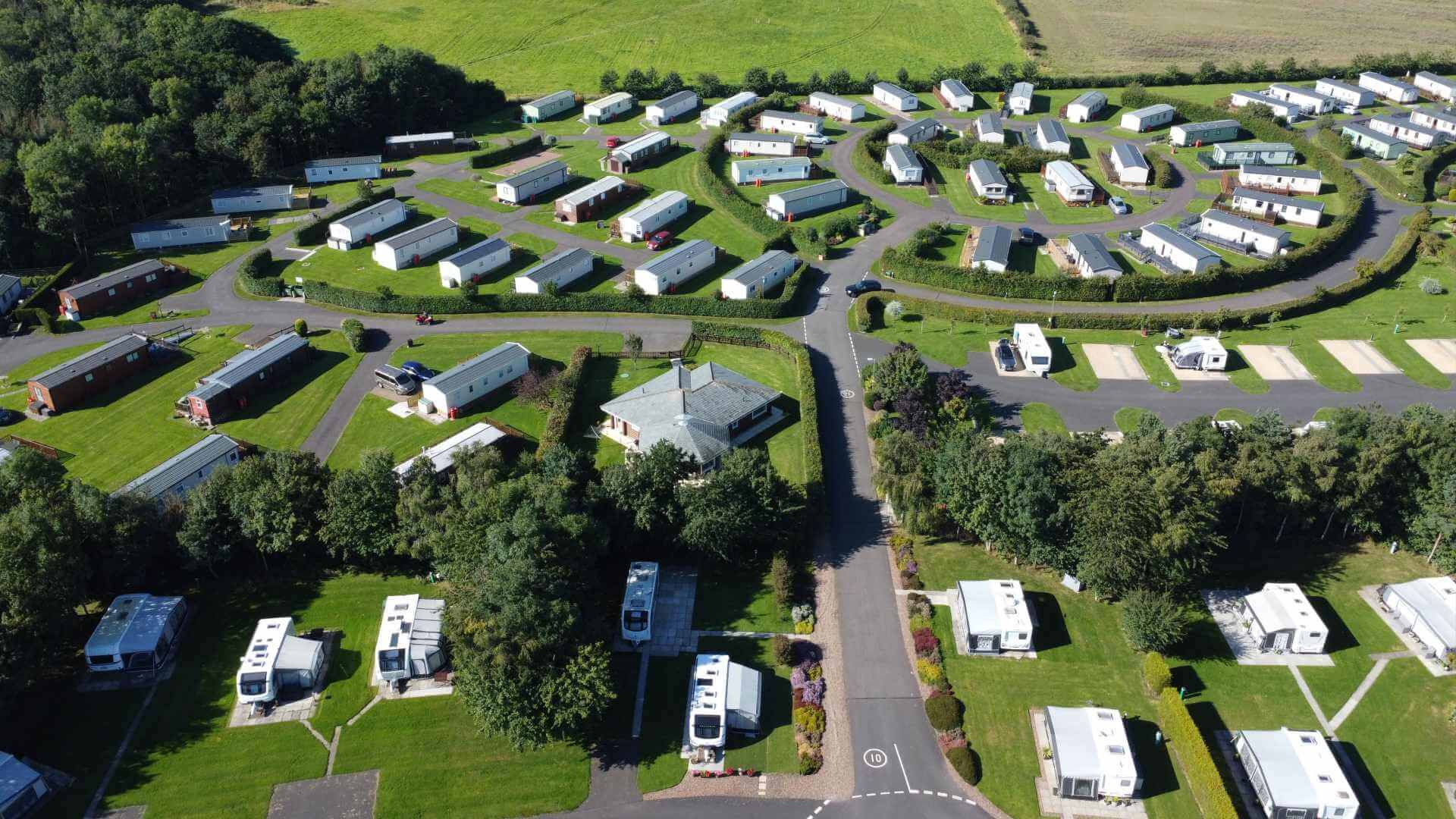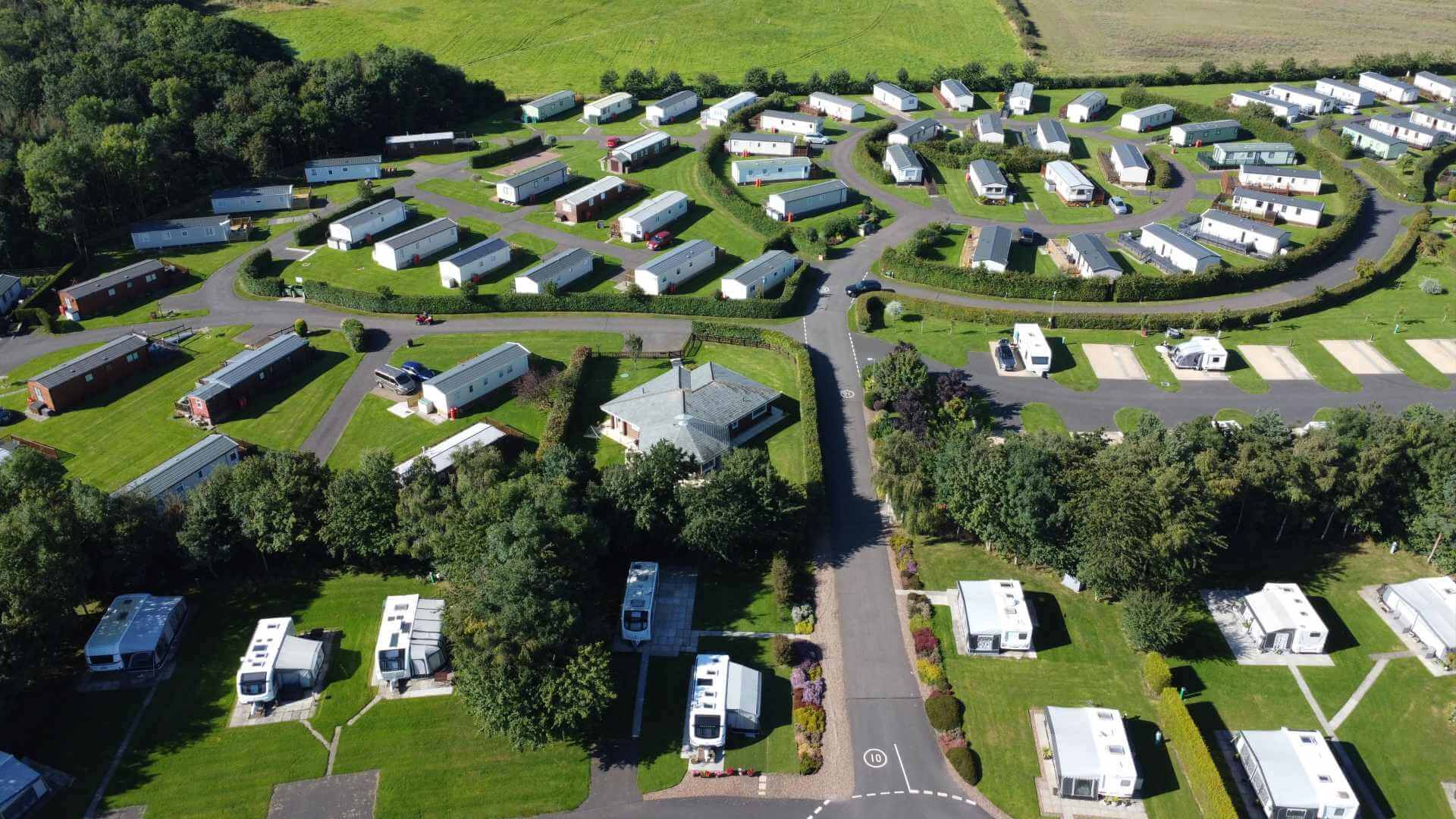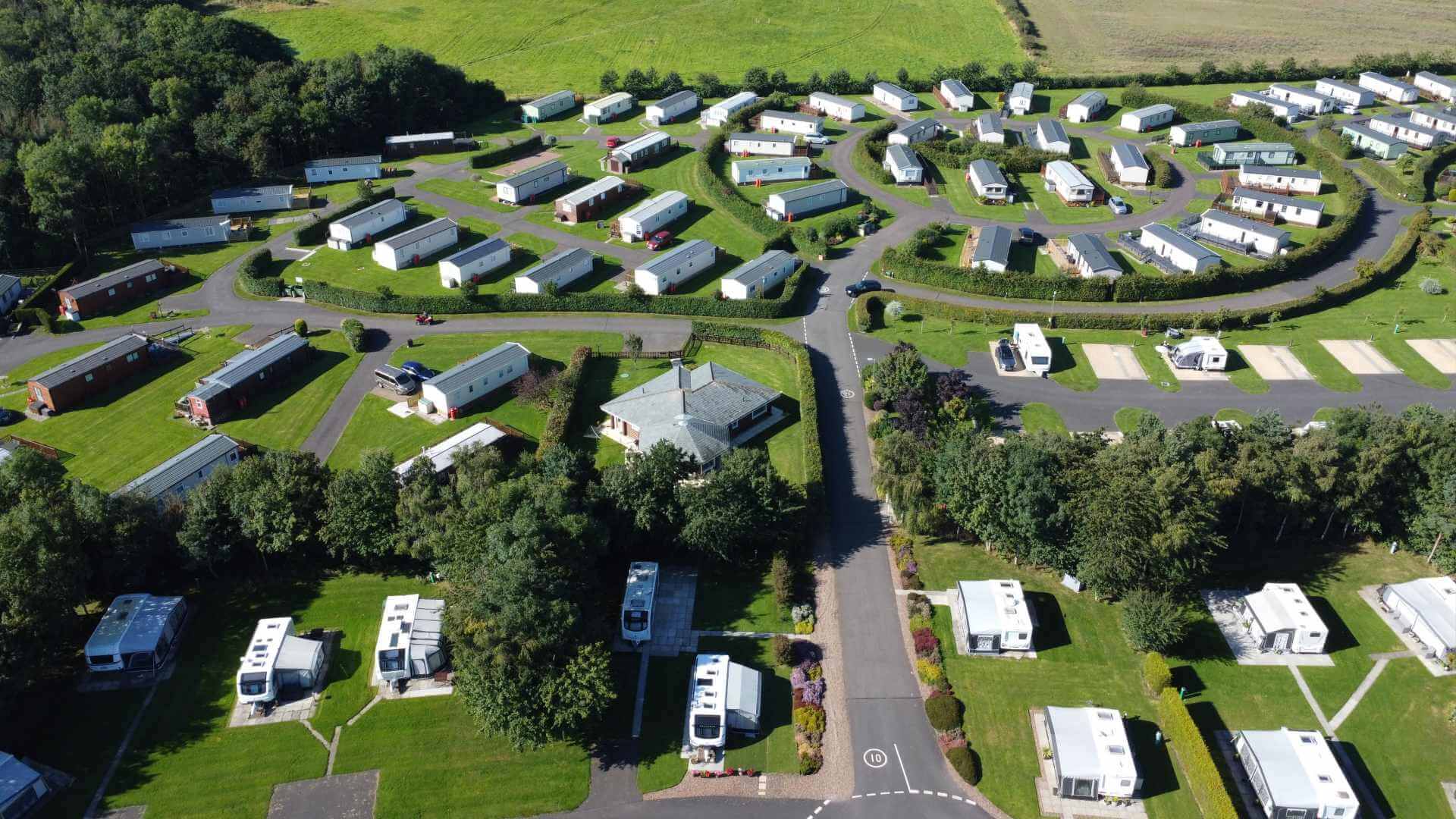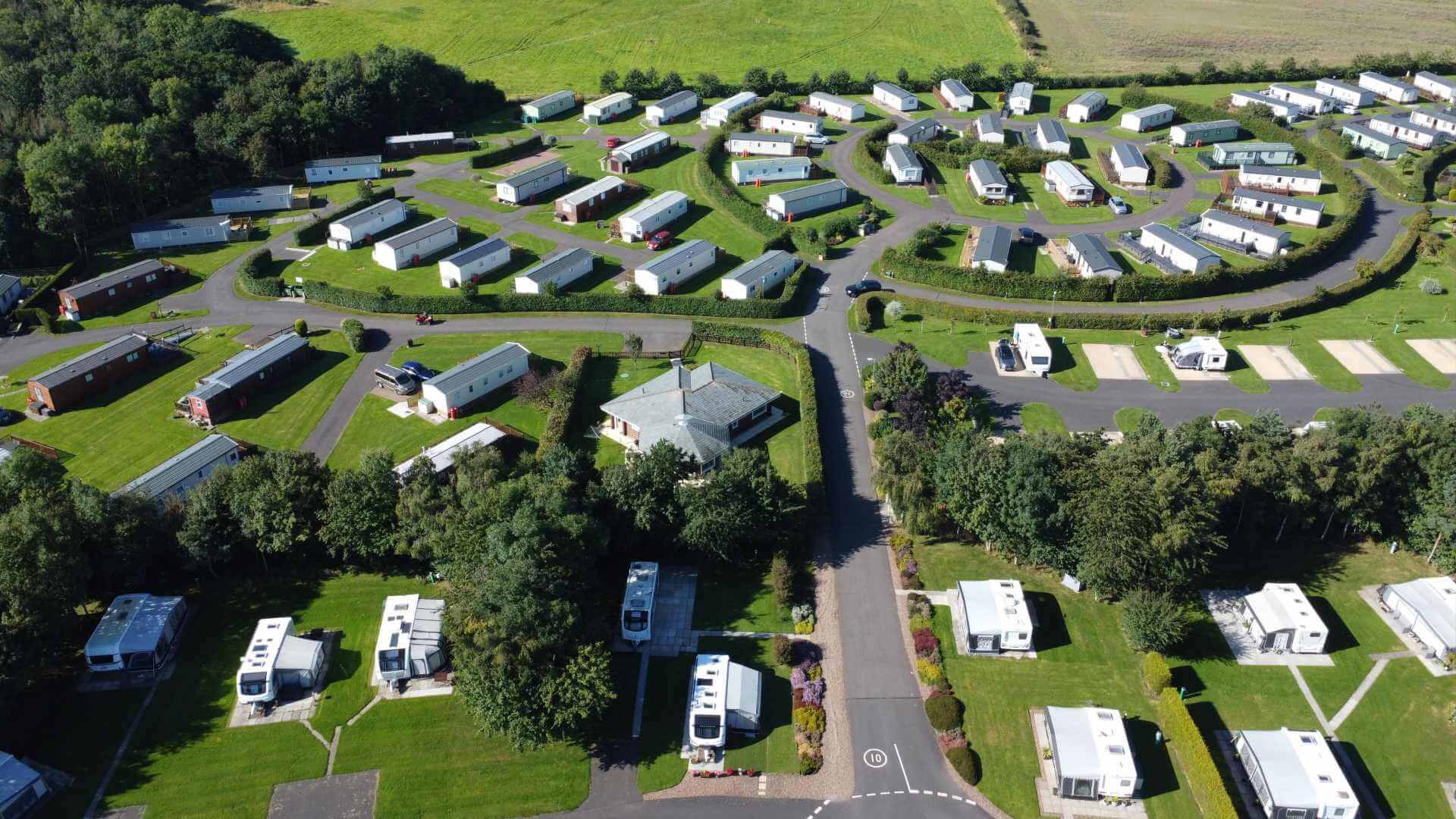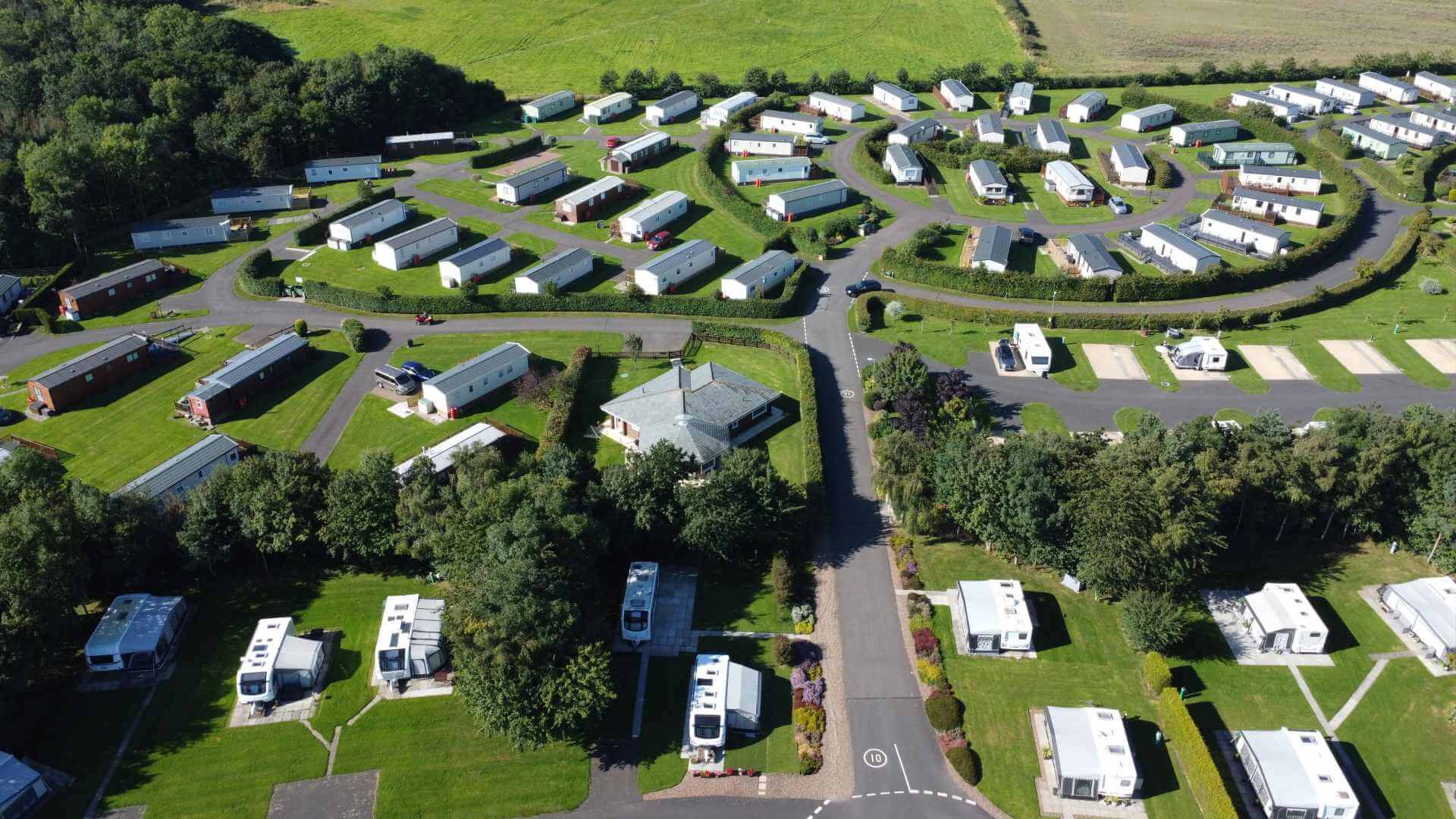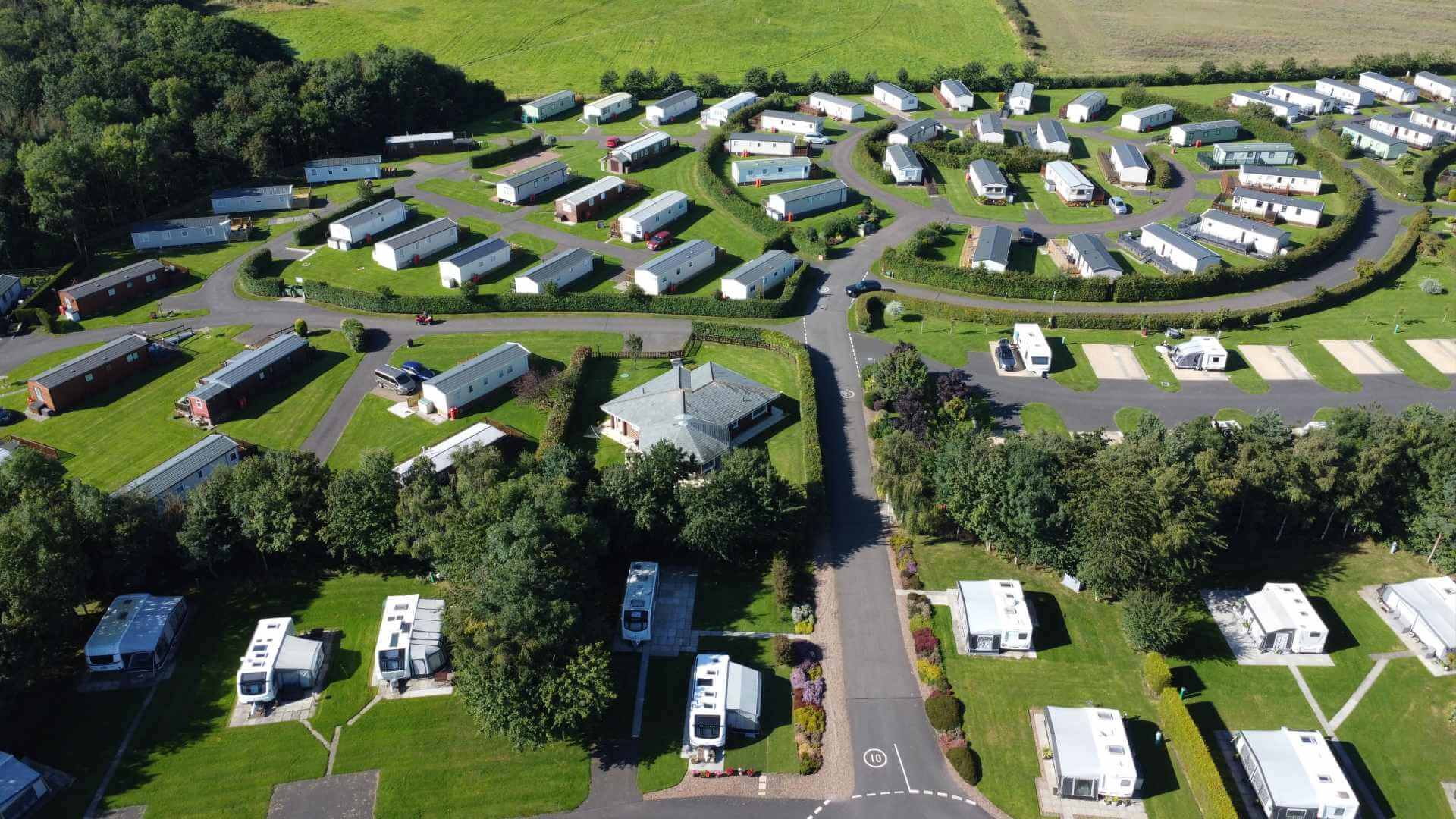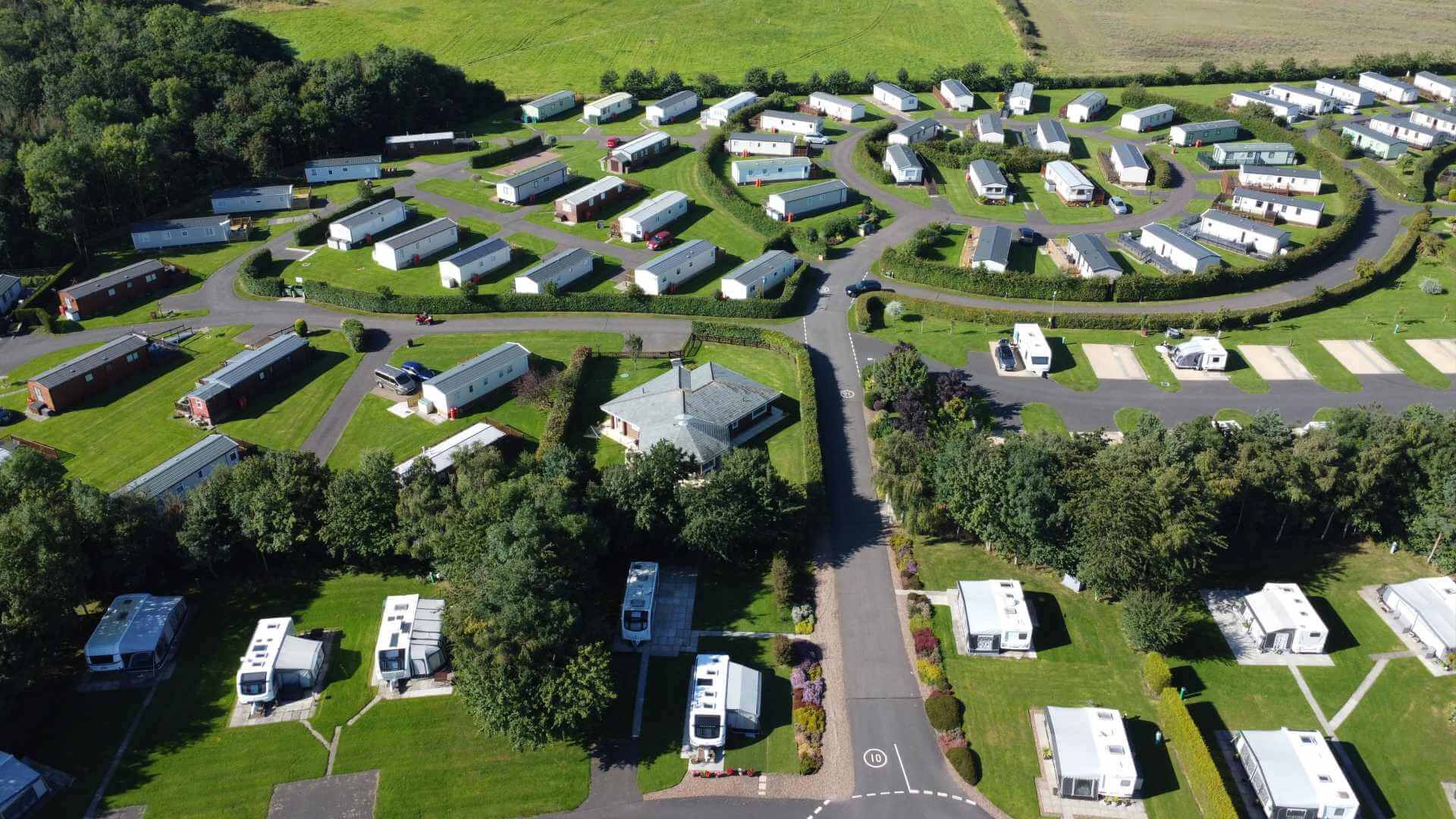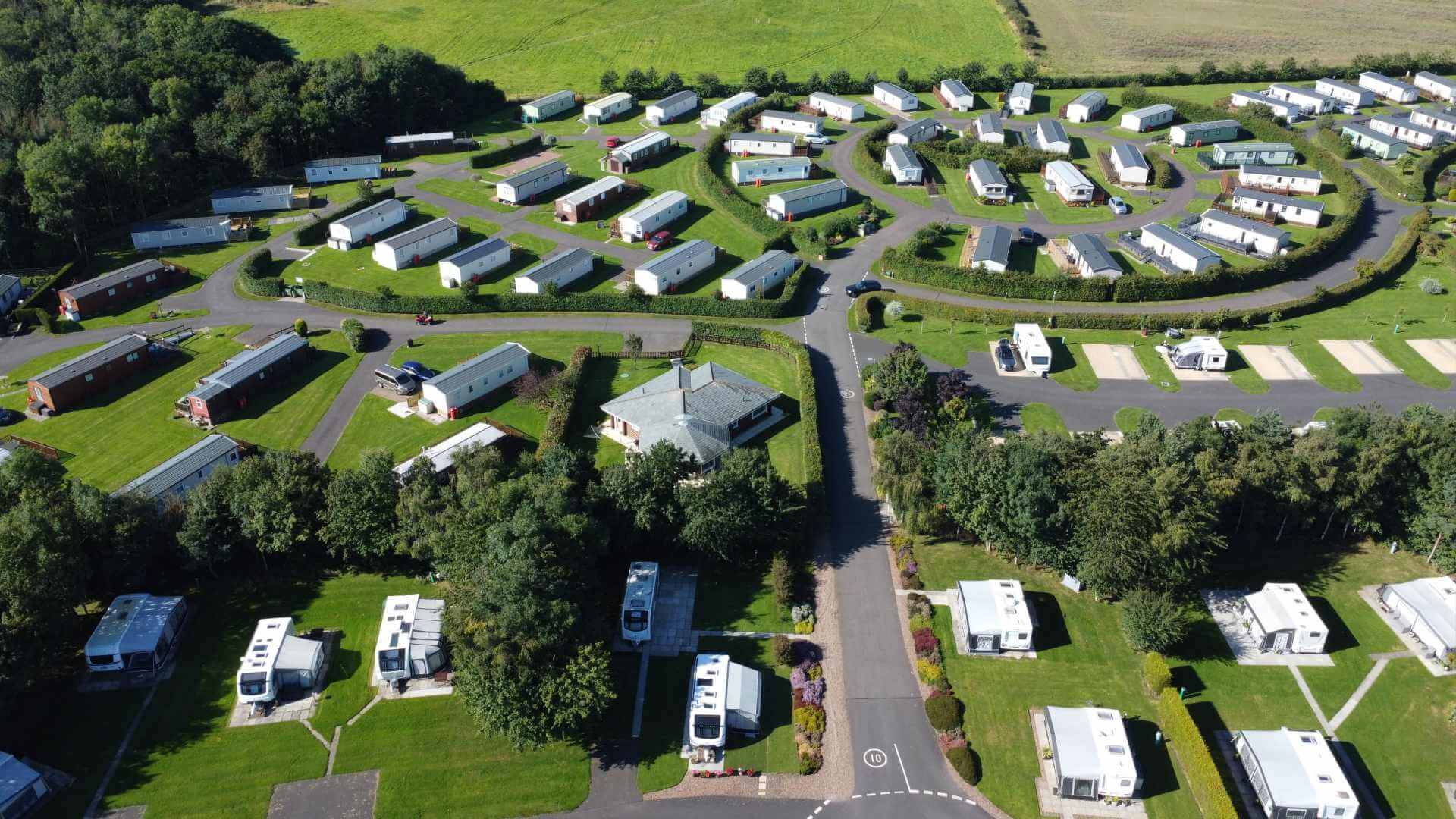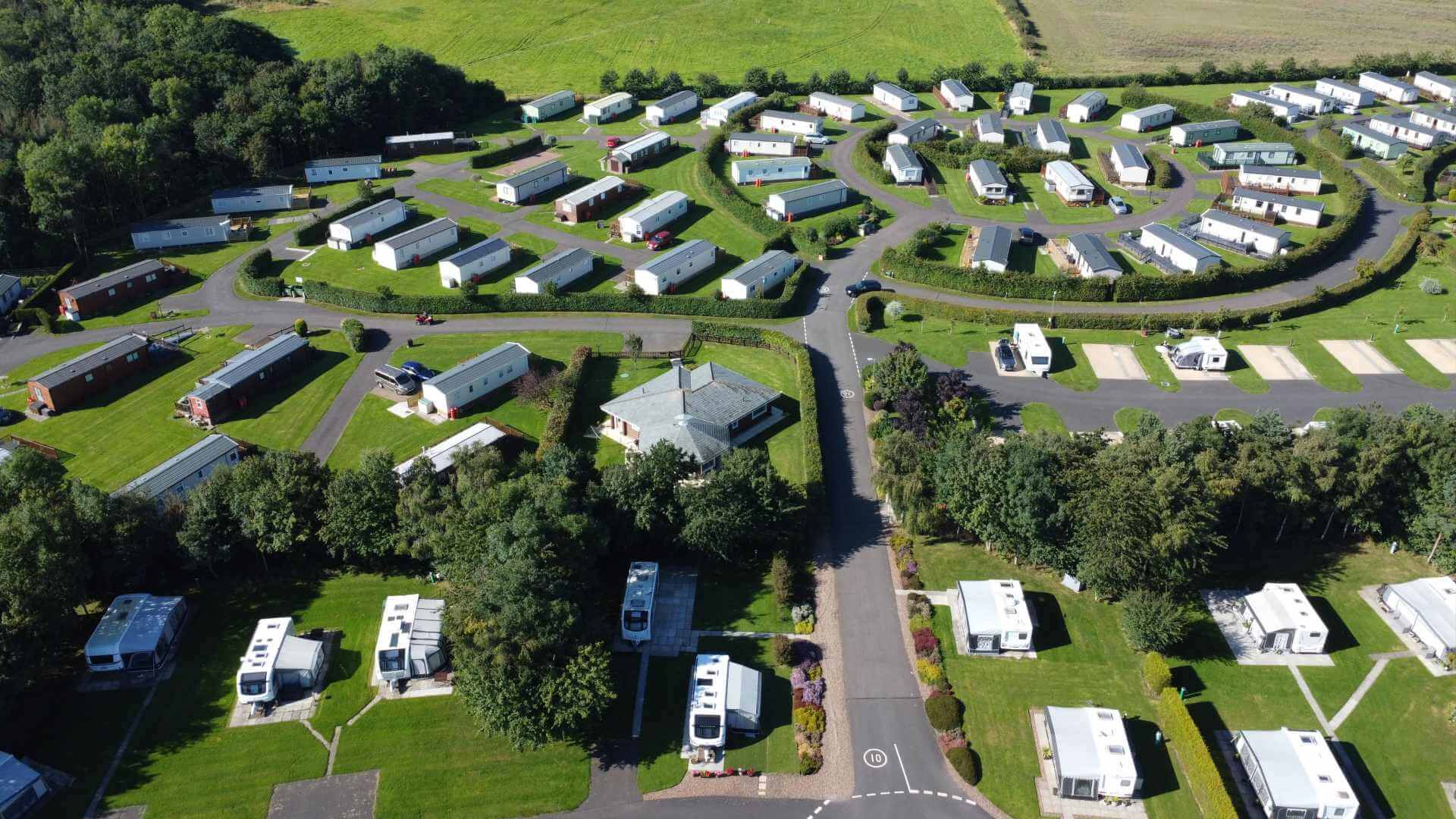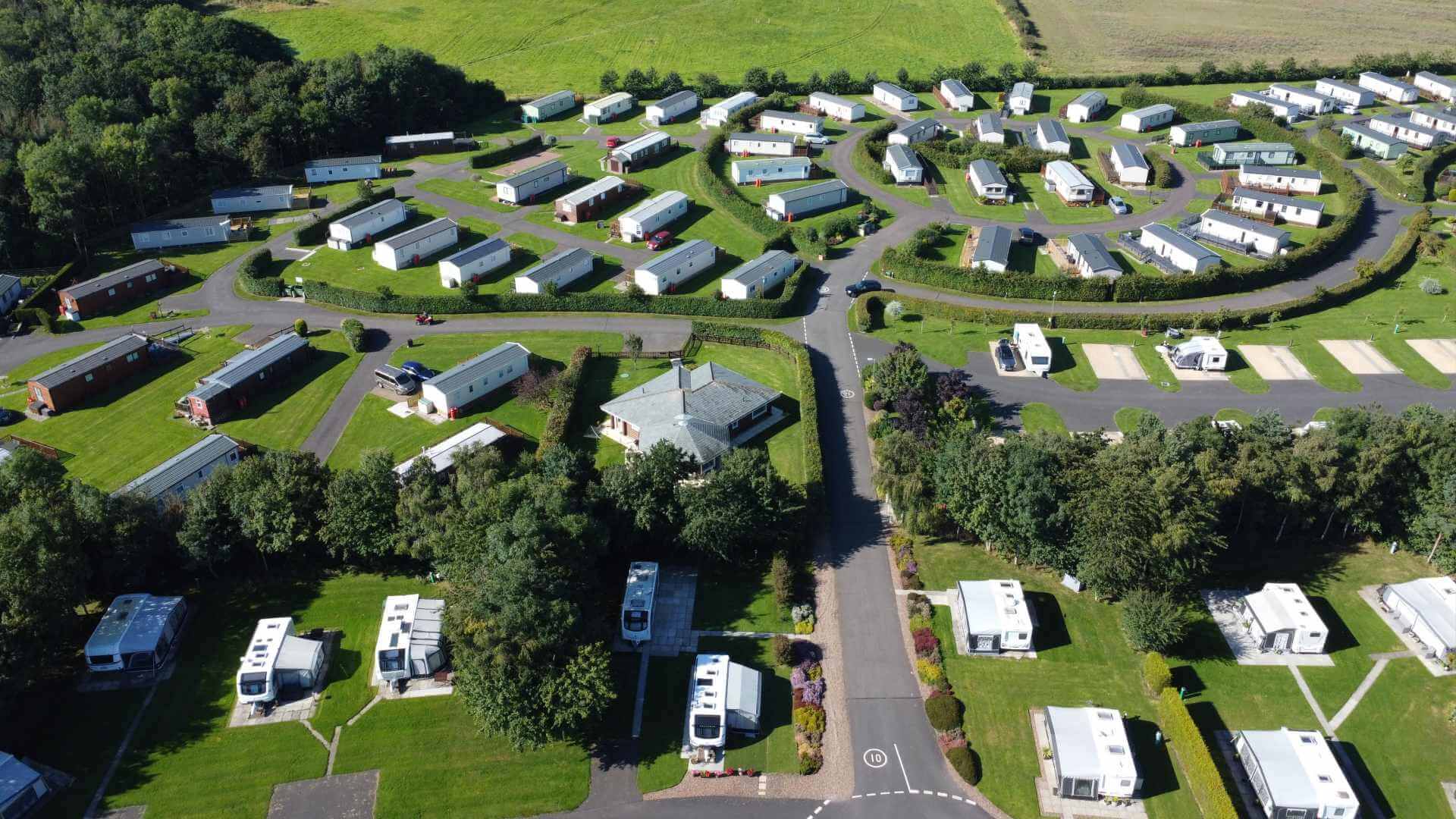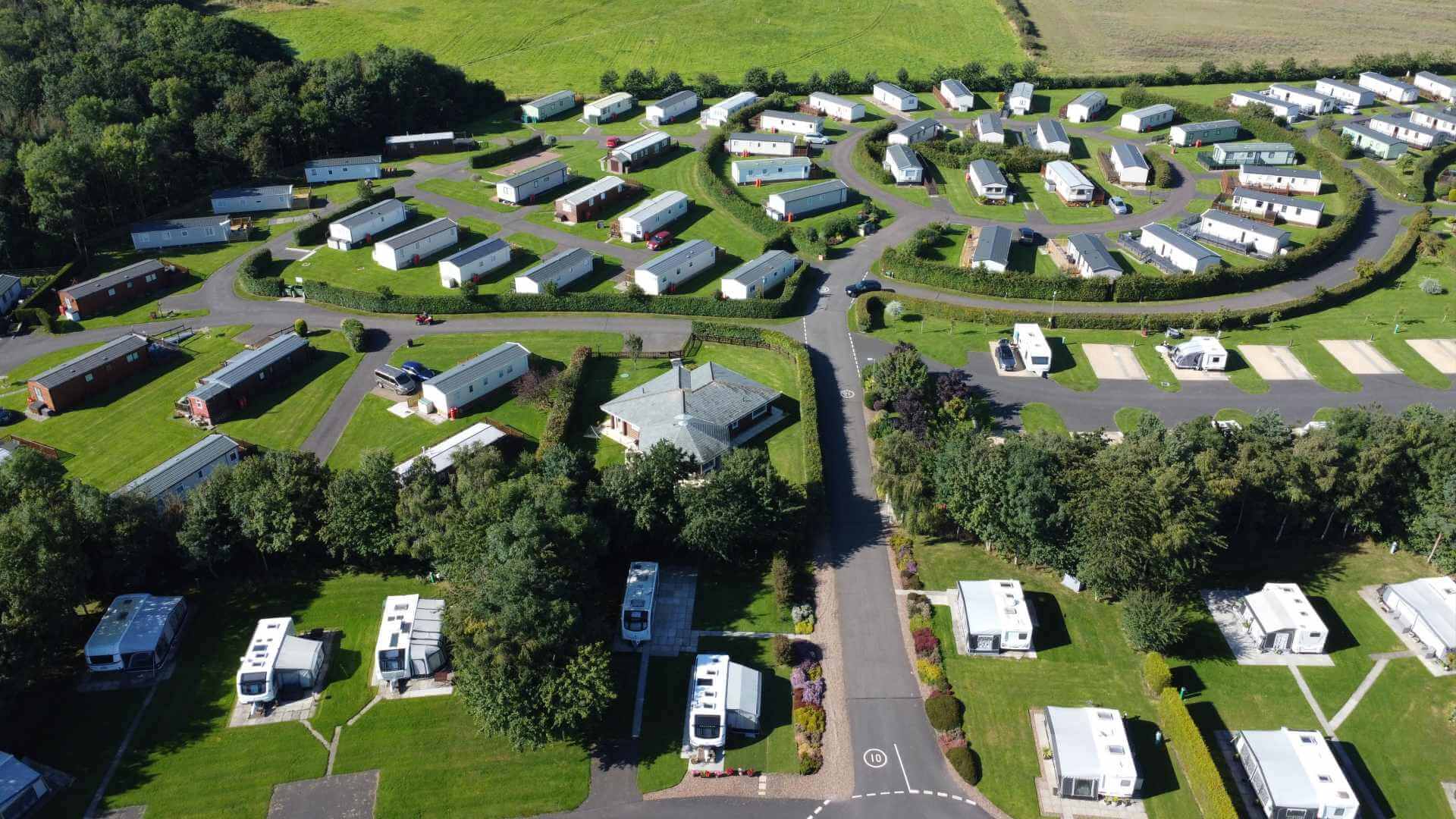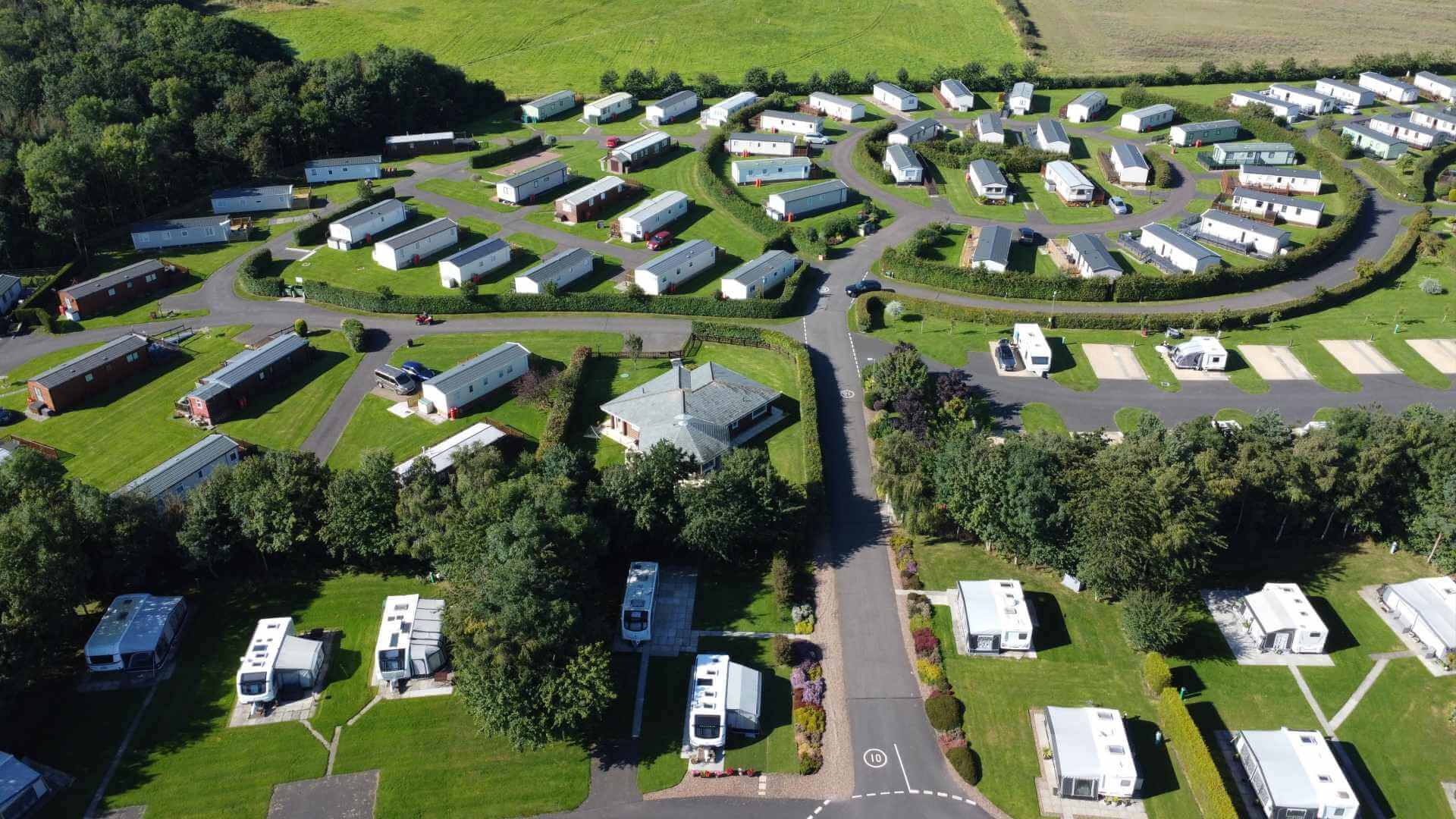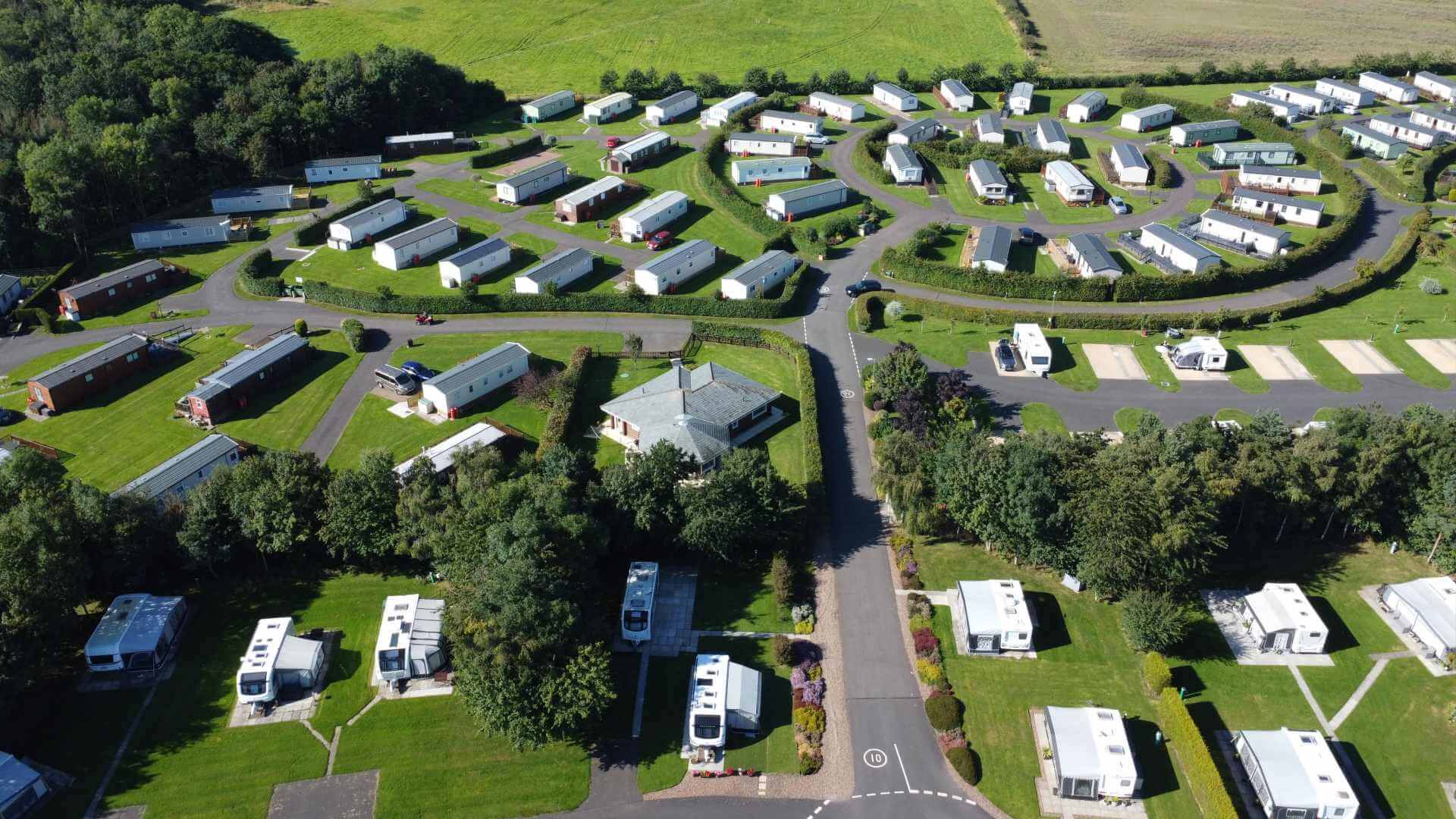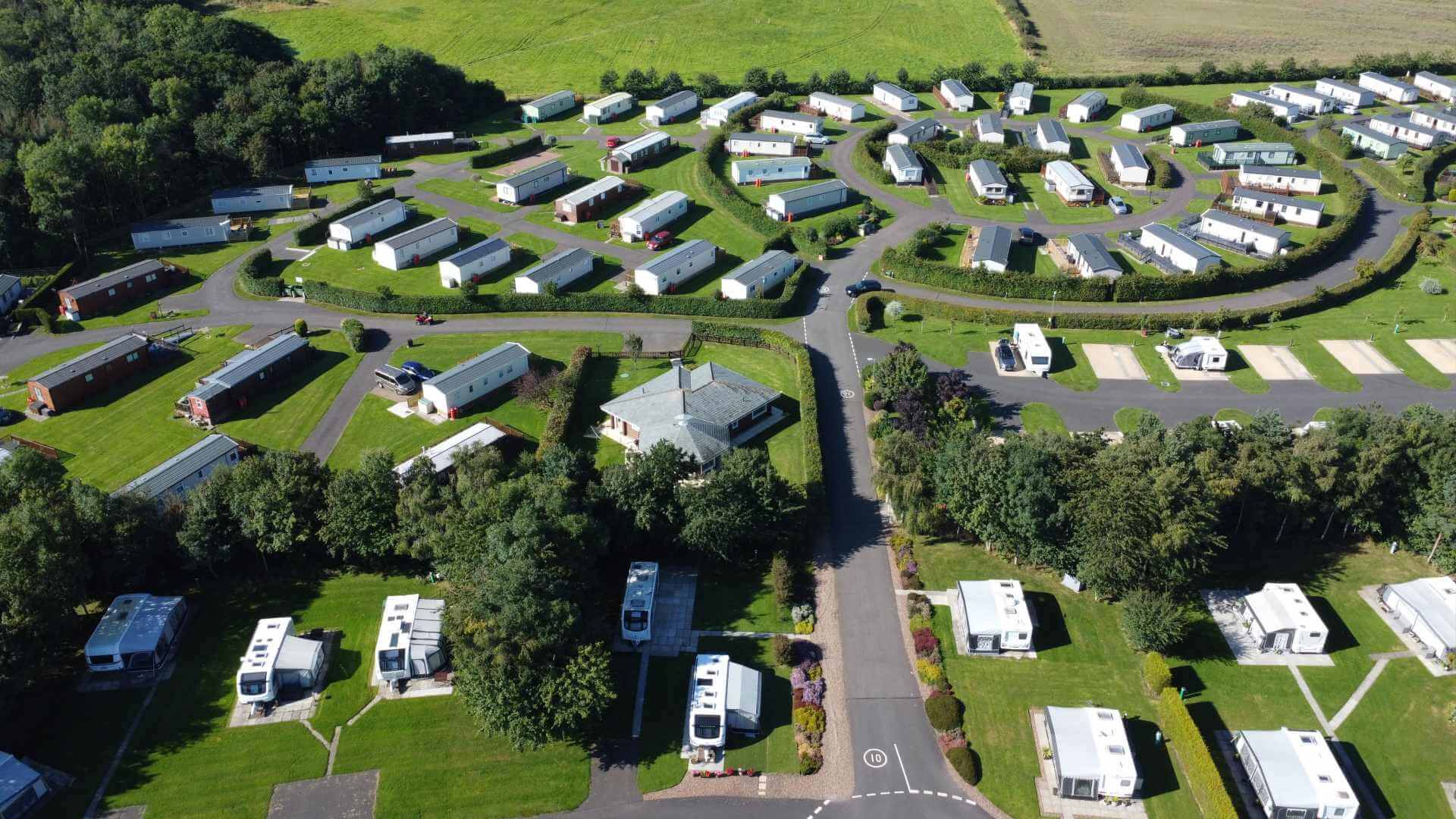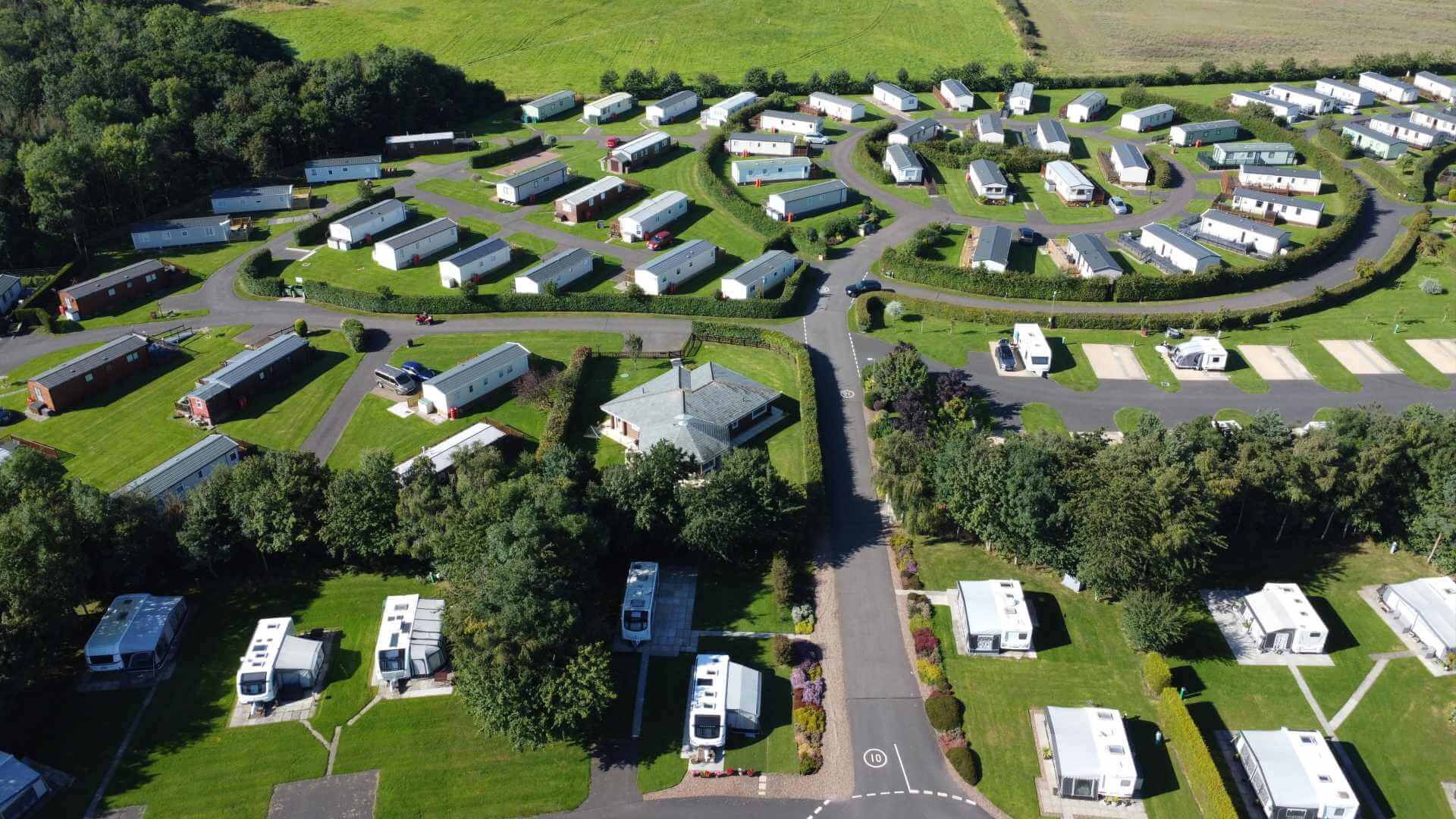Caravan parks and holiday parks face unique risks, with flooding being one of the most devastating threats to both business operations and …
Holiday Caravan Park Insurance: Complete Protection Guide for UK Caravan Park Operators
Operating a holiday caravan park in the UK presents unique risks and challenges that require specialized insurance coverage. From seasonal weather damage to public liability claims, caravan park operators face a complex array of potential losses that standard business insurance simply cannot adequately address. This comprehensive guide explores everything you need to know about holiday caravan park insurance, helping you protect your business, guests, and assets.
Understanding Holiday Caravan Park Insurance
Holiday caravan park insurance is a specialized form of commercial insurance designed specifically for businesses that operate caravan parks, holiday parks, and camping sites. This coverage goes far beyond basic business insurance, addressing the unique risks associated with accommodation providers, seasonal operations, and the management of multiple residential units on a single site.
Unlike standard commercial property insurance, caravan park insurance must account for the unique challenges of managing temporary accommodation, dealing with transient guests, maintaining extensive grounds and facilities, and operating in often remote or coastal locations that may be prone to extreme weather conditions.
Key Coverage Areas
Property Insurance
Your caravan park represents a significant investment in both static caravans and site infrastructure. Property insurance covers the physical structures on your site, including static caravans, touring pitches, reception buildings, toilet and shower blocks, play areas, shops, restaurants, and any other permanent or semi-permanent structures. This coverage protects against fire, flood, storm damage, vandalism, and theft.
For caravan parks, property insurance must also consider the unique nature of static caravans, which may depreciate differently than traditional buildings and require specialized repair or replacement considerations. Coverage should extend to site improvements, utilities infrastructure, roads and pathways, fencing, and landscaping.
Public Liability Insurance
Public liability coverage is arguably the most critical component of caravan park insurance. With hundreds or thousands of guests using your facilities throughout the season, the potential for accidents and injuries is significant. This coverage protects you against claims from guests who suffer injury or property damage while on your premises.
Common public liability claims in caravan parks include slip and fall accidents, playground injuries, swimming pool incidents, food poisoning from on-site catering facilities, injuries from faulty equipment or facilities, and accidents involving site vehicles or maintenance equipment. Coverage typically extends to legal defense costs and compensation payments.
Employers Liability Insurance
If you employ staff to maintain your caravan park, clean facilities, provide security, or operate on-site amenities, employers liability insurance is legally required. This coverage protects you against claims from employees who suffer injury or illness as a result of their work. In caravan parks, common employee risks include maintenance accidents, cleaning chemical exposure, machinery injuries, and seasonal work-related stress or fatigue.
Business Interruption Insurance
Caravan parks often operate on tight seasonal margins, making business interruption coverage essential. This insurance provides financial protection when your business cannot operate normally due to covered losses such as fire, flood, or storm damage. Coverage can include lost rental income, ongoing expenses like staff wages and loan payments, and additional costs incurred to minimize the interruption period.
For caravan parks, business interruption insurance must consider seasonal variations in income, the impact of weather-related closures, and the potential for extended closure periods due to the time required to repair or replace damaged caravans and facilities.
Products Liability Insurance
If your caravan park operates shops, restaurants, bars, or other retail facilities, products liability insurance protects against claims arising from products sold on-site. This includes food poisoning claims from restaurant meals, injuries from faulty merchandise sold in park shops, and allergic reactions to food or beverages served in park facilities.
Cyber Liability Insurance
Modern caravan parks increasingly rely on digital systems for bookings, payments, and guest management. Cyber liability insurance protects against data breaches, system failures, and cyber attacks that could compromise guest information or disrupt business operations. This coverage is particularly important for parks that store credit card information, personal guest details, and booking histories.
Specific Risks Facing Caravan Parks
Weather-Related Damage
UK caravan parks face significant weather-related risks throughout the year. Winter storms can cause extensive damage to static caravans, with high winds potentially overturning units or causing structural damage. Coastal parks face additional risks from salt air corrosion and potential flooding during extreme weather events.
Heavy rainfall can cause flooding, particularly in low-lying areas, while prolonged dry periods can increase fire risk. Snow loading can damage caravan roofs and awnings, while freeze-thaw cycles can cause burst pipes and heating system failures in unoccupied units.
Seasonal Security Challenges
Many caravan parks operate seasonally, leaving valuable assets unattended for extended periods. This creates opportunities for theft, vandalism, and unauthorized occupation. Static caravans contain valuable fixtures, fittings, and appliances that are attractive to thieves, while empty sites may be targeted for fly-tipping or antisocial behavior.
Guest-Related Incidents
Managing temporary accommodation means dealing with guests who may be unfamiliar with site rules, safety procedures, and local hazards. Common incidents include accidents on play equipment, injuries in swimming pools or leisure facilities, burns from barbecues or fire pits, and disputes between guests that may result in property damage or injury claims.
Regulatory Compliance
Caravan parks must comply with numerous regulations covering fire safety, health and safety, planning permissions, environmental protection, and licensing requirements. Failure to maintain compliance can result in enforcement action, closure orders, and potential liability for incidents that occur as a result of non-compliance.
Choosing the Right Insurance Provider
When selecting insurance for your caravan park, it's essential to work with insurers who understand the unique challenges of the industry. Look for providers who offer specialized caravan park policies rather than trying to adapt standard commercial insurance products.
Key factors to consider include the insurer's experience with caravan park risks, their claims handling reputation, the flexibility to adjust coverage for seasonal operations, and their ability to provide risk management support and advice.
Risk Management Strategies
Effective risk management can help reduce insurance costs and minimize the likelihood of claims. Key strategies include implementing comprehensive health and safety procedures, conducting regular maintenance and safety inspections, providing clear guest information about site rules and safety procedures, installing appropriate security measures including CCTV and lighting, and maintaining detailed records of incidents and near-misses.
Regular staff training is essential, particularly for seasonal workers who may be unfamiliar with site-specific risks and procedures. This should cover emergency procedures, health and safety requirements, customer service standards, and incident reporting protocols.
Seasonal Considerations
Many caravan parks operate seasonally, which creates unique insurance considerations. Coverage may need to be adjusted for closed seasons, with reduced coverage for unoccupied periods while maintaining protection against weather damage, theft, and vandalism.
During peak season, increased guest numbers and activity levels may require enhanced coverage limits, while off-season periods may allow for reduced premiums on certain coverage types. Work with your insurer to develop a coverage schedule that reflects your operational patterns while maintaining adequate protection year-round.
Claims Management
When incidents occur, prompt and effective claims management is crucial. Establish clear procedures for incident reporting, evidence gathering, and communication with insurers. Maintain detailed records of all incidents, including photographs, witness statements, and any immediate remedial action taken.
For serious incidents involving injury or significant property damage, notify your insurer immediately and seek professional advice before admitting liability or making statements that could prejudice your position. Consider retaining specialist legal representation for complex claims that could result in significant financial exposure.
Cost Factors and Budgeting
Insurance costs for caravan parks vary significantly based on factors including site size and capacity, location and weather exposure, age and condition of facilities, claims history, and risk management measures in place. Coastal locations and areas prone to flooding or extreme weather typically attract higher premiums.
The range of facilities offered also impacts costs, with swimming pools, adventure playgrounds, and catering facilities all adding to the risk profile. However, well-maintained facilities with appropriate safety measures may qualify for premium discounts.
Legal Requirements
Certain types of insurance are legally required for caravan park operators. Employers liability insurance is mandatory if you employ staff, while public liability insurance, though not legally required, is often demanded by local authorities as a condition of site licenses.
Many caravan park operators also require guests to maintain their own insurance for touring caravans and personal belongings, though this does not reduce the park operator's liability for incidents occurring on their premises.
Future Considerations
The caravan park industry continues to evolve, with increasing focus on environmental sustainability, digital technology integration, and enhanced guest experiences. These trends may create new risks that need to be addressed through insurance coverage.
Climate change is likely to increase weather-related risks, potentially requiring enhanced coverage for flood, storm, and extreme weather events. The growing use of electric vehicles and charging points may create new fire and electrical risks that need specific consideration.
Conclusion
Holiday caravan park insurance is a complex but essential investment for anyone operating in this sector. The unique combination of property risks, public liability exposures, and seasonal operational challenges requires specialized coverage that goes far beyond standard business insurance.
By working with experienced insurers who understand the caravan park industry, implementing effective risk management strategies, and maintaining comprehensive coverage that reflects your specific operational risks, you can protect your business against the wide range of potential losses that could otherwise threaten your financial stability and operational continuity.
The key to effective caravan park insurance is understanding that one size does not fit all. Each park has unique characteristics, risks, and operational patterns that must be reflected in the insurance program. Take the time to work with specialists who can develop a tailored solution that provides comprehensive protection while remaining cost-effective for your specific circumstances.
Regular review of your insurance arrangements is essential, particularly as your business grows, facilities change, or new risks emerge. By maintaining an ongoing dialogue with your insurance advisors and staying informed about industry developments, you can ensure your coverage continues to meet your needs and protect your investment in the UK's thriving caravan park sector.


 0330 127 2333
0330 127 2333
